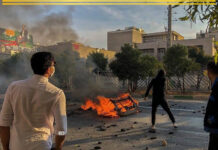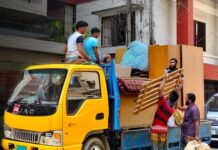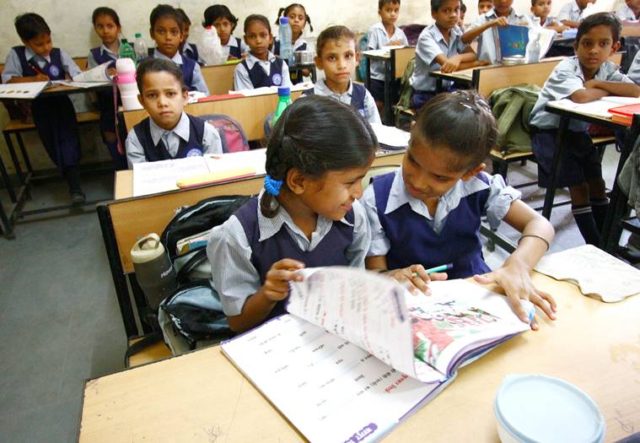One of the things that I saw in the draft for the recently released NCERT’s learning outcomes was that a child of 8th class will be assessed on whether they know how to file a First Information Report (FIR) and another was the ability of a child to name their local MP or locate their parliamentary constituency on the map.
While these things are very important and proper knowledge of their govt. and politicians will help them later on, however confining them just to the classroom level is an area about which I am worried about.
I would rather that projects like these are turned into field projects, and students are actually taken to a Police Station where they learn how police officials do their job and actually do a number of various learning activities there including filing a FIR.
Or maybe visiting a politician or political building to actually see the politicians and how they work and all.
It is high time that the Indian education system turn towards stepping out of the 4 walls of the classroom and helping the students gain knowledge from experience instead of just doing rot learning for the sake of an exam.
The Story Behind…
You must be wondering exactly what the matter and why are these learning outcomes so important.
Well, NCERT has devised some new learning outcomes that after thorough discussion and overview will be implemented to the Right of Children to Free and Compulsory Education (RTE) Act of 2009.
If these outcomes are implemented then all schools in the country, be it private, be it public, or be it a govt. school, all will have to go by these guidelines.
These learning outcomes are mostly for the elementary classes going from class 1st to 8th and even 9th. These are the standards on which the students are assessed on and what a child should learn during their time in that class.
Now, the HRD has opened the draft version of these learning outcomes to the public and seeks their opinion on these suggestions by 31st January.
While I do agree that some of the outcomes for students could give a very positive and much-needed turn to our frankly speaking shriveling education system that very quickly needs some good quality water, poured on it. At the same time, we as the general public should use this opportunity to make some good suggestions and point out problems areas where NCERT is going wrong.
Not All Is Bad Here Though
However, I would like to add that the draft has some new and good learning outcomes by NCERT, which could positively affect our students.
Although I would again iterate my hope that NCERT creates rules that are conducive to the children of today and the environment they live in and not just a delusional view of how students should be and cemented in an olden time.
This document also has various guidelines for children that have special needs. It modifies the curriculum of the school as the normal one might create difficulties in learning for such students along with extra time during tests and more that would allow those students to study at an equal level with the rest.
The document also asks the school and state govt. to use the tools and aids that are provided to them in order to make sure that students get a holistic learning experience.
I believe this learning outcome document could help the schools and faculty to understand learning levels and then plan their interventions as per need.
Image Credits: Google Images
Other Recommendations:
http://edtimes.in/2017/01/cbse-10th-and-12th-schedules-out-troubles-abound-for-students/
http://edtimes.in/2016/07/things-students-do-before-getting-admission/




































